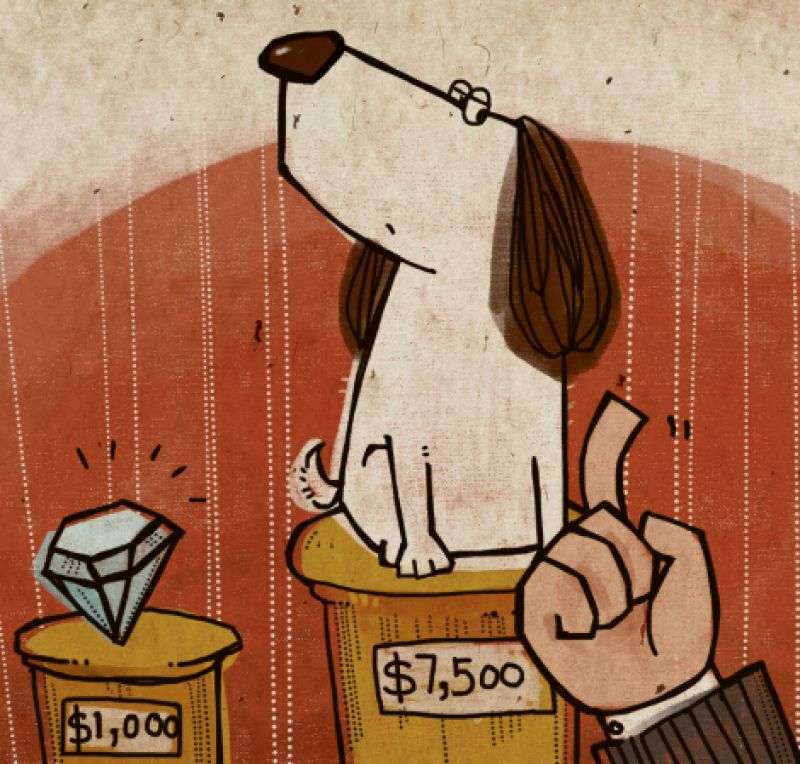
In case you haven’t noticed, the Charleston of old is, by genetic standards, an incestuous little town. Not on purpose, of course—it goes back to the days of saddle-born transportation. You could only ride so far to meet your potential mate, and first cousins lived much closer than that “perfect match” you might find on 16DaysTravelFromHere.com.
The result, of course, is a confusing “Name Scrabble” of French, Scottish, and English surnames: You’ll likely meet a Buist Rivers, a Maybank Hagood, a Hagood Rivers, a Rivers Maybank, a Rutledge Elliott, an Elliott Huger, a Huger Pinckney, a Rivers Middleton, a Middleton Hagood—it’s exhausting. I have friends from First Scots kindergarten whose names force me to concentrate before addressing them. The invention of the word “dude” has made things a great deal easier.
So how does one assimilate into a tightly woven community such as this? In the Charleston of my parents’ generation—the city described so brilliantly by Pat Conroy in The Lords of Discipline—you did not. Back then, Charlestonians avoided outsiders not because of lineage, but because people who moved here had something that none of the natives had: two nickels to rub together. These cum’yahs talked about things found only in ancient legends of life before Reconstruction, like vacations, for instance. To a Charlestonian of that era, a vacation entailed a short and mental thing: drinks after church or a week at the family’s Sullivan’s Island shack, not “summer on the Vineyard.” A vineyard was a place Jesus told parables, not an island off Massachusetts.
Then, in the early ’80s, Spoleto had been going on long enough to get Charleston noticed by people from off who had more money than would fit into a pickling jar. Being smart, these folks looked around our fair city and said, “Hmmm, if I sold my 94-square-foot condo on Park Avenue, I could buy… East Bay Street.” And thus it began—for good or ill, the word was out, and 10th-generation Charlestonians found themselves saying, “You’ll pay me WHAT for this house??!!”
Today, Charleston is a Great American Melting Pot, and our favorite receipt is nonprofits. When I was a kid, Charleston had three charities: The Historical Society, The Preservation Society, and the Junior League. The lid blew off this little “triopoly” when folks with some dough began moving to town, and asked themselves, “What can I do to improve my new little slice of heaven?” As a result, we now have a ratio of one nonprofit per four residents. We protect and enhance virtually everything: feather and fin, tooth and claw, buildings and wilderness, swamp and beach, guns and gardens, homes and homeless, inside and outside—whatever your passion, your passion is awaiting your money like one of those still-in-the-nest hungry baby birds you see in Discovery documentaries.
And, from what I can tell, this is the best way into 21st-century Charleston. You can blow into town wearing a 20-gallon hat with steer horns on the front of your Caddie, but if you’re willing to go to the Friends of the Flu auction and cough up $7,500 for a $300 Boykin Spaniel puppy, you’ll be the toast of the town. No money? No problem. Volunteers are viewed through the same lens as those who write the checks. It’s not as glamorous as bidding on the puppy, but it’s just as important. Okay, that’s not true, but it is important. After all, the $7,500 netted on the puppy will buy a lot of shovels, and somebody’s got to do the shoveling, right?
Charleston today is a pretty cool place. We’ve got everything an intelligent person could want in a city, which is why so many intelligent people are moving here, and there’s little of that from-off friction from the old days. Brand-new arrivals figure out the ropes pretty quickly because fellow new arrivals help educate them. As a result, verbal faux pas concerning “society” are less frequent. I once had a well-meaning, newly arrived friend ask me where he should go to “sign up” for the Carolina Yacht Club. I told him he needed to join the St. Cecilia Society first, then he’d be a shoe-in.
Okay, I didn’t. I was polite. I told him the Yacht Club was full, but the Friends of the Flu was looking for new members. The next time I saw him, he didn’t think to even bring up the Yacht Club. He was too busy gushing about the deal he’d gotten on his $7,500 Boykin puppy.